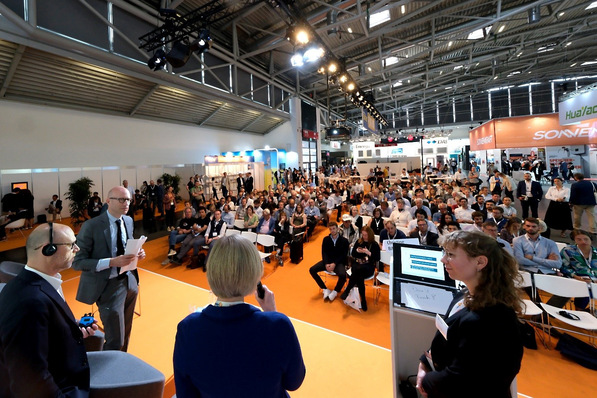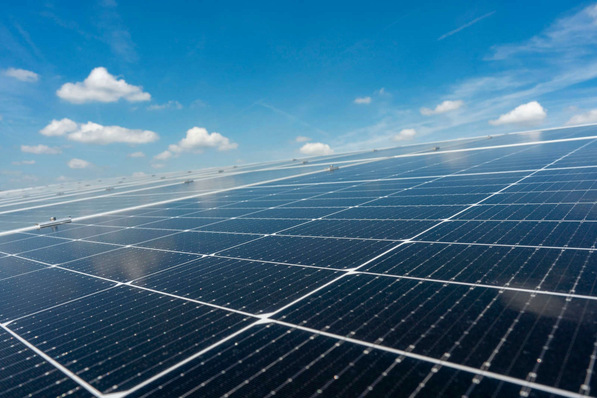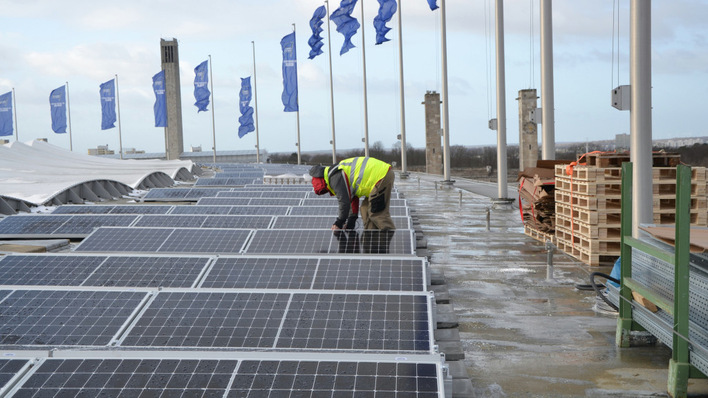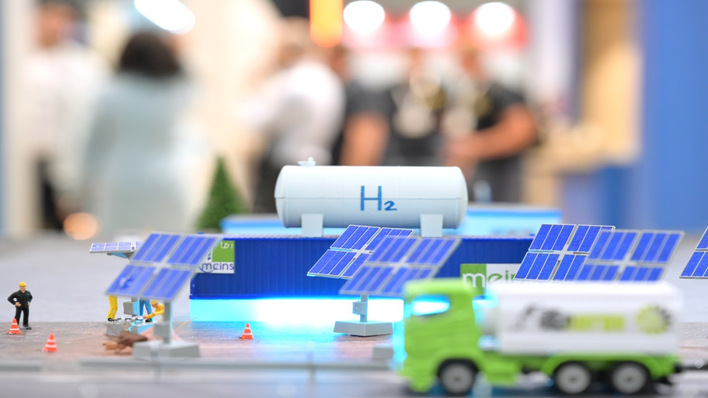The conference, held from 31 March to 1 April, provided the participants with an opportunity to learn about the future of the renewable energy market. Nigerian government's plans to generate electricity with solar energy using Nigeria's great potential to supply the shortage of electric power and encourage investment in solar energy projects in many rural villages to improve education, water supply, health, agriculture, trade and security.
Did you miss that? On-site solar and sustainable electrification in sub-Saharan Africa
Despite being the leading economy in the African continent in terms of GDP ($ 443 billion), the installed electrical capacity in Nigeria does not exceed 12,522 MW in 2020, as only 36% of the population in rural areas has access to electricity. The federal government hopes to improve the situation through the Nigeria Electrification Project funded by the World Bank and the African Development Bank, and the success and plans to provide 20% of its generated electricity from renewable energy sources by 2030.
Efforts for nationwide electrification
Participants in the conference reviewed the Nigerian government's efforts in the field of renewable energy and future projects in the field of solar photovoltaics, wind energy, geothermal energy, hydropower and biomass. As well as new technologies, integrated energy solutions, storage systems and other industrial and commercial applications and efforts to advance the distribution of Energy, off-grid solutions, and small grid deployment.

Desert Technologies
Nigeria is endowed with abundant and diversified energy resources, both conventional and renewable and has recently invested more than US $ 20 billion in solar energy projects. This can eventually provide the country with a sufficient capacity to meet the ambitions of a full nationwide electrification level, both urban and rural.
LCOE of 11 cUSD /kWh
Saudi Arabian based Desert Technologies (DT) was one of the companies, which attended the conference and presented its Sahara off-grid solution: a containerized plug and play solar generator. According to DT´s founder Nour Mousa the levelized cost of electricity (LCOE) provided by the hybrid system are around 11 cUSD /kWh, which is already half of what Diesel is today. Mousa announced that DT is planning to provide finance at a large scale and electrify villages in the sub-Saharan region. (hcn)
Read more: South Africa – Three more solar parks totalling 250MW now fully operational







